When I post a quote, or a chart, and include a link to the source - I’m not necessarily endorsing the source, I’m citing the source. Please understand the difference. When I see something, I don’t really care what the source is. What matters is, first, is the content “real” - i.e., not faked - and if so, is it useful? (And then I suppose, if it’s something political, you have to ask Ben Hunt’s question - why am I seeing this now?)
I still see on Twitter so many people ask “what did he do?”. Please feel free to repost this there.
Kevin Duffy, co-founder of Bearing Asset Management, relays that Nvidia’s $940 billion market cap stands at 64 times gross profits over the 12 months through April. At the peak of the dot-com bubble, shares of tech darling Cisco crested at a mere 53 times trailing gross profit.
I was immediately reminded me of this classic Feb. 11, 2000 Jim Cramer manifesto:
Yesterday Cramer Berkowitz paid 176 times trailing earnings for 10,000 Cisco. Frankly, as recently as three years ago, that would have been unbelievable. Every analyst would have downgraded the stock on price or valuation. More portfolio managers would be short the stock than long it. We would have sold every share.
How did this happen? How did the whole world (except the troglodyte value managers) come to understand that the price-to-earnings multiple valuation work, the traditional work, didn't work anymore?…How did it become routine to pay 100, 200 and 300 times earnings for some stocks, while totally avoiding other, much, much cheaper equities?
Here’s a chart of Cisco shares since the day the above article was posted:

…which reminded me of Cramer schooling Warren Buffett a month earlier, January 21, 2000: Cramer Rewrites 'Follow These Five Tenets Toward a Fortune'
You cannot be afraid of new technologies. I think that this tenet passed Warren Buffett by. As he is the greatest investor of all time, I think it's important to recognize that if he were not afraid of product cycles and obsolescence, he would have made much more these last few years than he did. Now I know we shouldn't criticize someone of his unbelievable prowess, but we must also recognize that it was wrong, just wrong, not to include technology stocks in the portfolio. Wireless plays such as Qualcomm and optical plays such as JDS Uniphase, which stands for Just Don't Sell Us, are simply creating too much wealth to ignore.
Jimmy!
Somehow, Warren Buffett survived.
Fortune Magazine, October 30, 1989: “Are These the New Warren Buffetts?”
2016:
Another scrubbed article, December 20, 2006:
So many examples. One of the best was “Winners of the New World,” February 29, 2000. More color here. (For the kids: Cramer’s Soundboard)
"I want to remain shallow in deference to Mr. Cramer."
Sylvain Raynes (one of the all-time great CNBC guests, 2010)
Also from Cleveland Fed President Loretta Mester:
The Fed’s “preferred inflation measure”(!)
Hey, where are all the econ majors who told me for 10 years that inflation is good for workers?
We need to take power away from the idiot economists who have been messing with most Americans for decades.
To fight this recession the Fed needs more than a snapback; it needs soaring household spending to offset moribund business investment. And to do that, as Paul McCulley of Pimco put it, Alan Greenspan needs to create a housing bubble to replace the Nasdaq bubble.
Never forget:
This Minneapolis Fed guy is almost as annoying as Kashkari. Read the comments, including these:
I’ve noticed this guy before. Typical Minneapolis Fed apparatchik Jeff Horwich needs to go work at a Chuck E. Cheese or something where won’t be paid to gaslight Americans.
Really enjoyed listening to the trading philosophy of Jason Shapiro
James Davolos: Precious Metals Royalty & Streaming Deep Dive
Murray Stahl at Hedgeye Macrocosm: Big Opportunities in Global Market (May 5, 2023) “Inflation is remorseless. It is without pity. It is without mercy.”
Mike Rothman with Grant Williams: “I don’t think this administration has any intention to refill the SPR (Strategic Petroleum Reserve)”
‘Outraged and furious’: Germans rebel against gas boiler ban
Also from Grant’s:
S&P Global downgraded SoftBank Group Corp. to double-B from double-B-plus Tuesday, warning that “asset risk in [the firm’s] investment portfolio is rising more than we had assumed,” and that “its liquidity and creditworthiness are likely to remain materially weakened for the next year or so.”
The $100 billion Vision Fund and its $40 billion sequel represent the primary culprits, as cumulative, unrealized losses from those in-house venture capital divisions stood at $8.5 billion as of March 31.
…As S&P noted in its downgrade, unlisted companies composed 69% and 85% of Vision Fund 1 and 2’s assets, respectively, as of March 31. Increasingly bruising conditions in the v.c. market at large color that concentration…
“There is a segment of the venture market that has little traction and no real prospects for raising additional capital,” Jay Ripley, head of investments at Global Endowment Management, told The Wall Street Journal last week, adding that numerous startups funded during the Covid-era boom “are presumably going to be written down to zero, or near zero.”
On a related note, Dan Rasmussen, founder and CIO of Verdad Advisers talks to Grant’s about the private equity bubble (long in the tooth), and a bullish case for European and Japanese equities.
“You look at the Fed-- and we did a piece on this. If you look at the Fed's predictions, and as you know well - they're completely erroneous. They have no bearing on reality. And yet people time and time again, pay attention to them.”
Dan Rasmussen with Jim Grant in 2018
Great Moments in Market Timing
Barclays Buys EquiFirst, 12th-largest subprime wholesale mortgage originator in US.
Great Moments in Market Timing: Barclays Shuts Down Equifirst, February 2009.
Sentiment
Shelter
The Nation’s Second-Worst Housing Shortage Is Crashing Into ‘The Texas Miracle’
In what has been billed as the “Texas Miracle,” the state transformed itself into the world's ninth-largest economy on a triple-pronged promise: the Lone Star State has low regulations, low taxes and low costs.
Those vows have attracted hundreds of companies, billions of dollars and millions of people, but even as major investment dollars and the masses continue to pour in from across the U.S., unbridled growth could be a thing of the past.
A major culprit? A severe lack of housing affordability that has many of Texas' top cities hurtling toward the once-unthinkable reality that the gap between it and cities on the coasts is narrowing to more of a crack…
“When you think of what has attracted people to move to Texas, and, in particular, Dallas, it’s not our beautiful beaches and beautiful mountains, it’s the fact that it’s a really affordable place to live and a great place to build a community and raise a family,” Dallas Builders Association Executive Officer Phil Crone said.
Here is where I remind you that the Federal Reserve was buying mortgage-backed securities even as house prices were rising 20%+ year-over-year nationally.
Private Real Estate Investment Firms Slow Their Roll to Navigate Uncertain Environment
The FOMO mentality that pervaded the market in 2021 and 2022 has completely vanished, replaced by the fear of making a mistake…
The commercial real estate sector currently is buzzing about redemption requests hitting investment firms. So far, notable private and non-traded REITs Blackstone, Starwood Capital and KKR have limited investor withdrawals. All three made the decision after being hit with waves of redemption requests that surpassed 5.0% of their value.
In March, for example, Blackstone announced investors made $4.5 billion in redemption requests that month. Only 15% of the total requests were granted, totaling $666 million.
The American credit cycle is at a dangerous point
A large portion of corporate fixed-rate debt is due to roll over in 2024. Companies that are preparing to refinance are getting nervous…The most-exposed companies include many that have been recently snapped up by private-equity barons. Private-credit loans taken on by their firms’ portfolio companies tend to have floating rates. During the last major credit cycle, in 2008, many private-equity firms were able to hang on to their overleveraged acquisitions by negotiating with lenders, which were mostly banks. This time around they will be going toe-to-toe with private-credit lenders, many of which also employ hefty private-equity teams and will be more than happy to take on overleveraged firms. In a sign of what may be to come, on May 16th kkr, a giant private-assets firm, allowed Envision Healthcare, a portfolio company in which it invested $3.5bn at a $10bn valuation in 2018, to fall into bankruptcy and be seized by its lenders.
November 2017: Jerome Powell, Our Man in Washington
Powell spent years as a private equity dealmaker, creating and selling the kinds of debt instruments that he later bailed out as Fed chairman. Powell’s radical actions to pump more money into markets, credited by many with keeping the economy afloat throughout the pandemic, have also greatly benefitted his former peers in the private equity business
That entire 2021 article from the writer of The Lords of Easy Money is excellent.
See also: The Fed’s Doomsday Prophet Has a Dire Warning About Where We’re Headed.
"Because Powell is a lawyer and an ex-private-equity guy, I think Powell wants to tighten enough...that Apollo's distressed funds can buy juicy distressed bonds at good yields, but he doesn't want to tighten that much that Apollo's real estate funds blow up." - Le Shrub Tropez, December 2022
A reminder that we have a record number of housing units under construction.
I saw this, talking about Virginia:
An apartment redevelopment proposed for a strip mall on Columbia Pike is stalled for the foreseeable future after the anchor tenant — a grocery store — fell through. But some of the existing tenants, including the restaurant Atilla’s, have already moved out. And now, the Fillmore Gardens shopping center on the 2600 block of the Pike, which includes a still-operating CVS, is attracting graffiti artists and other signs of blight, according to neighbors. Penrose Civic Association President Alex Sakes says the development was “slated to become a new crown jewel” but is now “an unbelievable embarrassment. The never ending graffiti and garbage is truly appalling and gets worse by the day.”
I only mention it because the other day I saw a shiny, brand new multi-story apartment complex - over 300 apartments. It was one of those zero-lot line, built right up to the sidewalk of a very busy street, not enough parking-required developments that cities love to build. Oh, the rents run from $2500 for a studio to over six-grand for a 2-bedroom. Anyway, at street level, the sidewalk below was crowded with homeless people and obvious drug addicts. This wasn’t in San Francisco.
Rates on Acquisition, Development & Construction Loans (AD&C)
'New home fixer-upper': Residents of new Maricopa development say homes are riddled with problems
Schwarberg said they showed up to their brand-new home for a walk-through a week before they were supposed to move in. There, they were told to create a "punch list" of all of the items that needed to be fixed before moving in. "A lot more issues than we thought we were going to have with a brand-new house," Schwarberg said.
She was confident the construction supervisor would ensure all of the items were addressed within the next week. That did not happen. Instead, she said a sales employee told her the home was not ready. “They told us 'we’re not quite ready, give us a few days, we want to make it move-in ready,'" Schwarberg recalled.
Days later, she said the house was a mess. And that mess remains months later.
“I mean there’s blue tape everywhere," Schwarberg said.
Schwarberg's home is a sea of blue tape. Each piece marks a different problem. From doors that don't latch, to unfinished paint, and gaps in door frames, the number of problems has become overwhelming.
Outside, she points out bubbled and chipped paint, a concrete barrier that was never sealed and a doorbell that hangs off the wall. "They keep saying, 'We'll get to it,'" Schwarberg said.
Schwarberg has reported all of the problems to Meritage, the community's builder, for months. She said Meritage employees have no-showed at several appointments, chalked some issues up to the house "settling." and told her they are experiencing supply chain issues…
Schwarberg is frustrated as she watches Meritage continue to build in Maricopa.
“Stop building and finish what you started," Schwarberg said. “They know that they have put houses together that are unacceptable and I want them to fix it.”
…Down the street live Craig and Julie Williams. They moved into their home in January 2021. After two years, they have yet to see all of their problems addressed…“I’m so sick of hearing it’s Covid, supplies and contractors. If it’s so difficult then how is it they continue to build?” Julie Williams said.
Mike Kasmin moved into the Province community in April 2022. He has been scheduling fixes with Meritage for over a year. He said oftentimes, staff would not show up to appointments. “Good thing I’m retired because it’s a full-time job," Kasmin said. His home still has blue tape marking issues that have not been addressed. “You don’t know what you’re getting into until they hand you the keys," Kasmin said.
There are more horror stories in the article. Anyway, who cares - the stock’s up!
At least hotels have house keeping, amenities and no creepy dudes coming in in the middle of the night. Last night I woke up to footsteps and someone who looked like the co-host on my Airbnb just standing there a couple feet from my bed at 4am in the morning. They looked surprised I was awake and didn’t even explain themselves they just said I left the door open and they came to check on me then left. I didn’t leave the door open and even if I did why wouldn’t they just close it instead of walking all the way in? It was the whole apartment to myself and not a shared Airbnb.
“Our Zillow estimate hovered in the high 200s, so I had dollar signs in my eyes. Now I know Zestimate can be wildly wrong.”
Is the economy really growing?
I had had something kicking around in my head. I wanted to write something about the kids that were on the line over in Southeast Asia that didn’t have anything to do with the device of this mission, which was unraveling before our eyes. Then we came down to Sunset [Boulevard] from my place on Topanga with a guy—I can’t remember his name—and there’s a funeral for a bar, one of the favorite spots for high school and UCLA kids to go and dance and listen to music.
[City officials] decided to call out the official riot police because there’s three thousand kids sort of standing out in the street; there’s no looting, there’s no nothing. It’s everybody having a hang to close this bar. A whole company of black and white LAPD in full Macedonian battle array in shields and helmets and all that, and they’re lined up across the street, and I just went, “Whoa! Why are they doing this?” There was no reason for it. I went back to Topanga, and that other song turned into “For What It’s Worth,” and it took as long to write as it took me to settle on the changes and write the lyrics down. It all came as a piece, and it took about fifteen minutes.
Robert Bigelow Interview with George Knapp - Part 1 - Feb. 2021
Robert Bigelow Interview with George Knapp - Part 2 - Feb. 2021






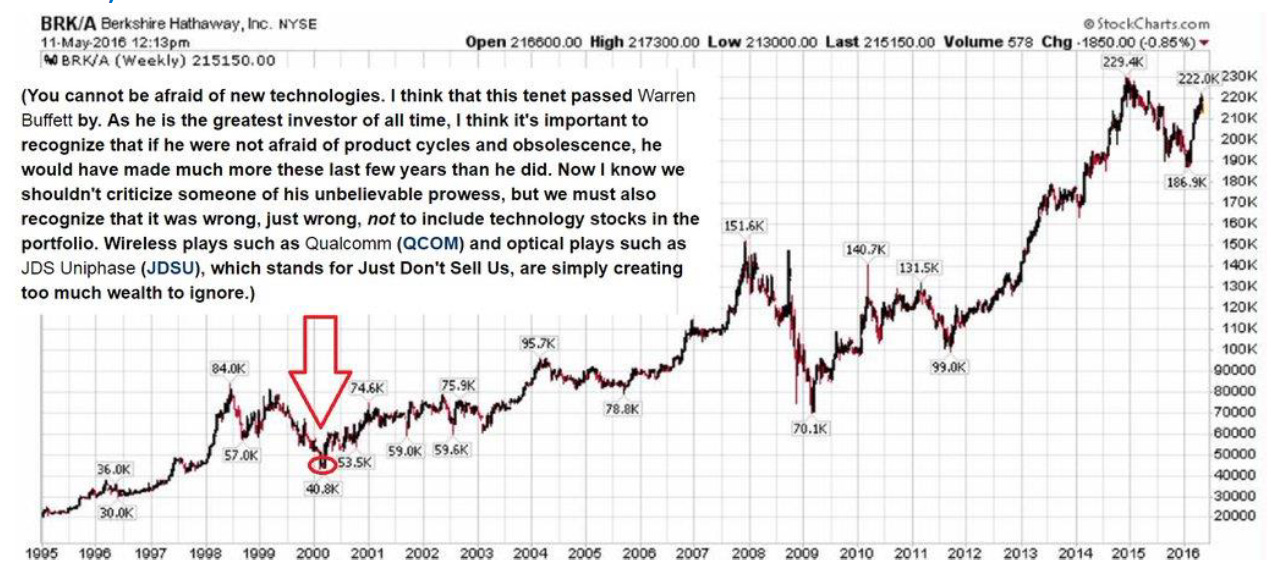


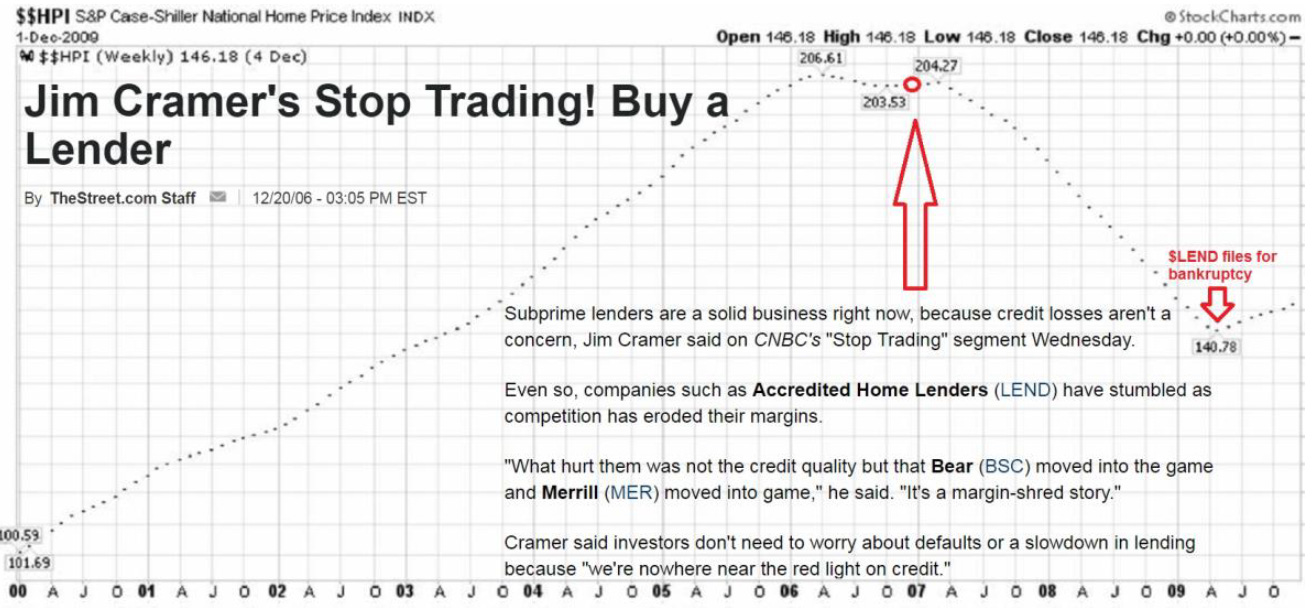


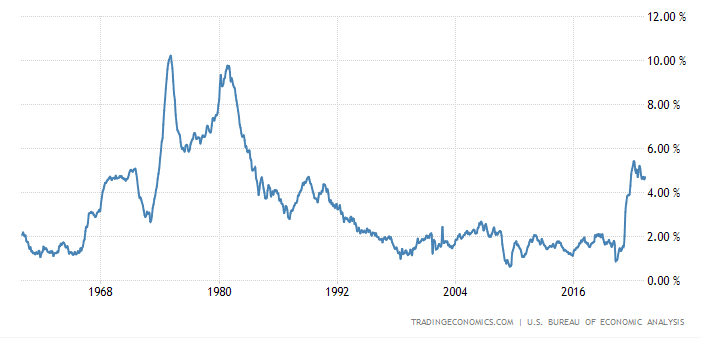









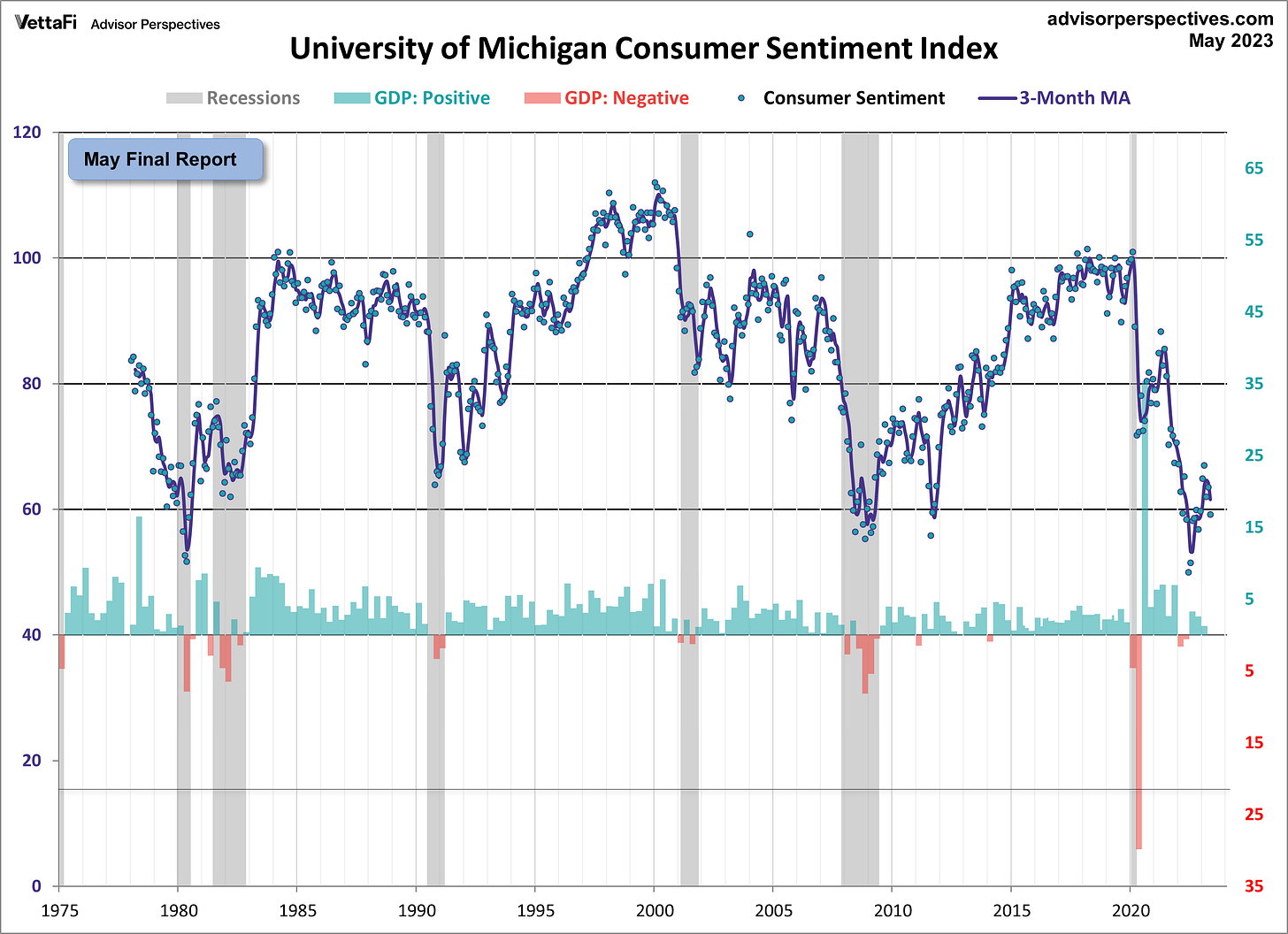






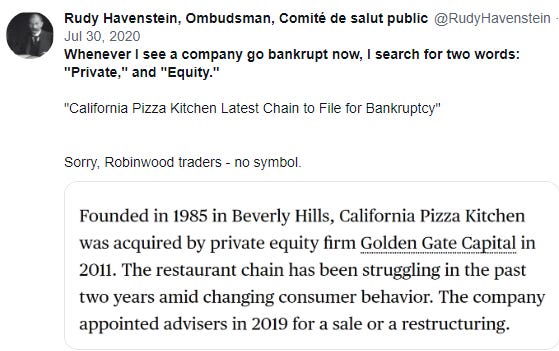








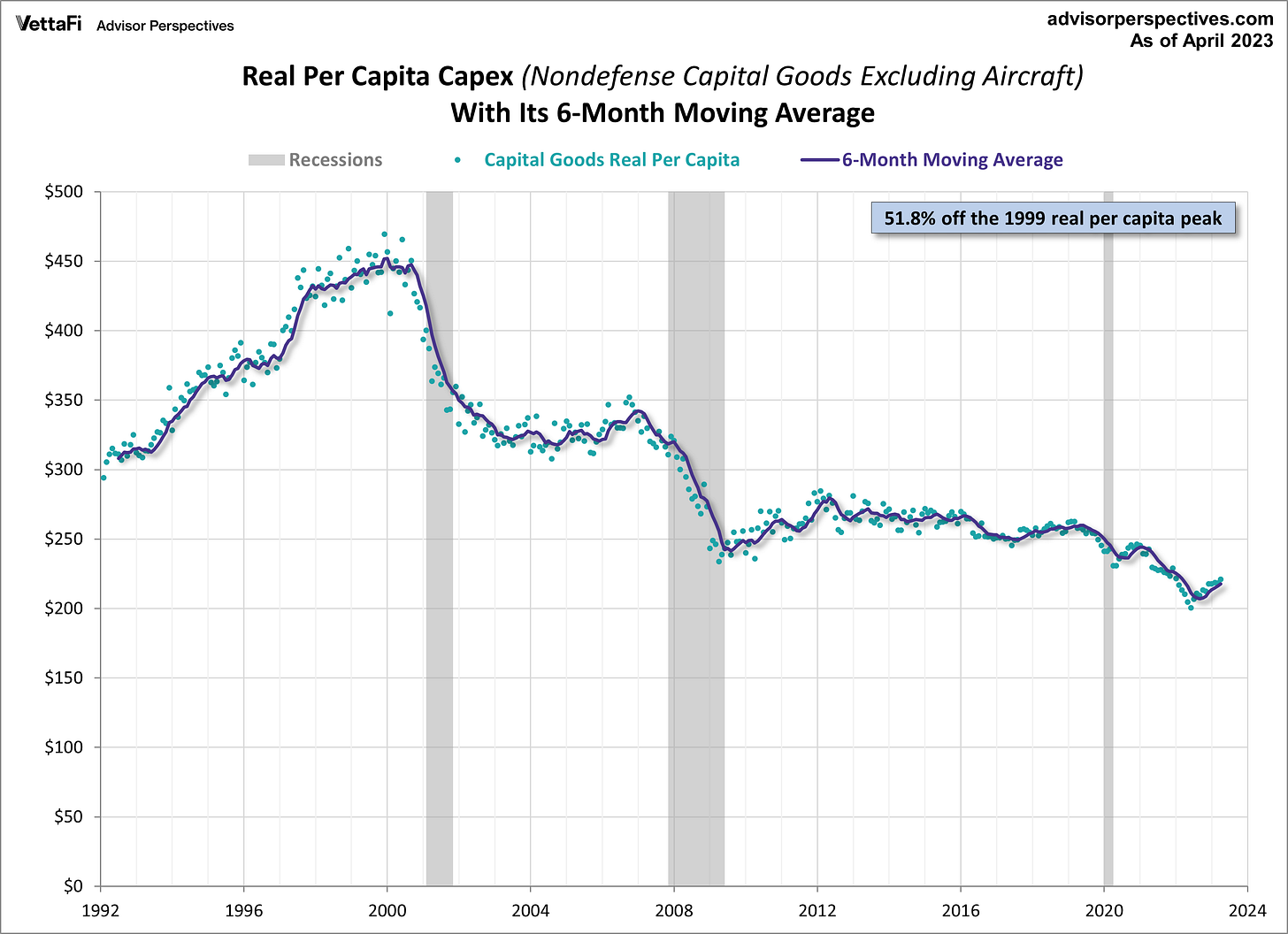

Keep dropping MOABs
Many Meritage sites were completely shut down on my travels....